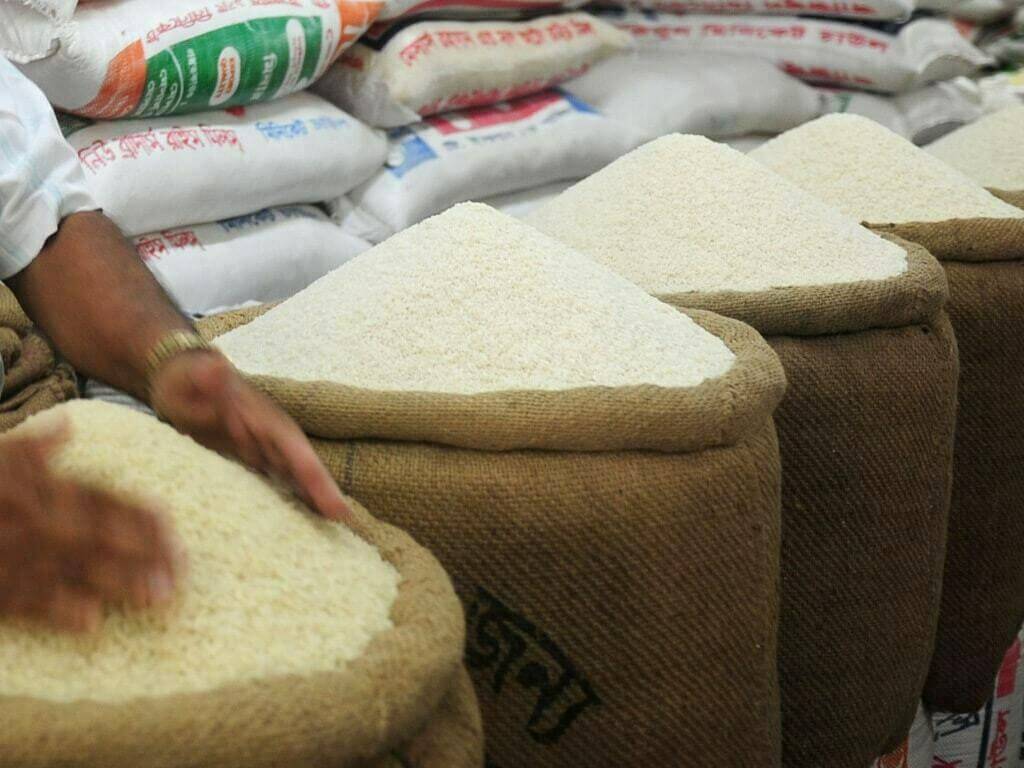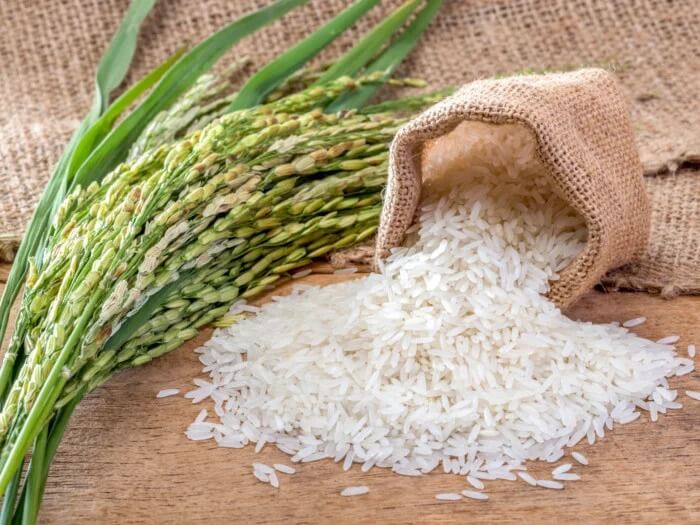The Ugandan government has scrapped the Value added Tax (VAT) on imported rice from Tanzania.
The development comes two weeks after Uganda’s President Yoweri Museveni appealed to all the seven East African Community (EAC) member states to remove all non-tariff barriers, saying they were hampering economic integration and development in the region.

In a July 29 letter addressed to the customs staff, the Assistant Commissioner for Trade at Uganda Revenue Authority, Mr Alexander Rubanda, said all rice originating from Tanzania will attract a zero percent tax duty.
“All rice originating from the Republic of Tanzania and with a certificate of origin according to preferential treatment will effective July 27 attract a 0 percent import duty in accordance with paragraph 1(L) of the third Schedule to the VAT Act and Article 15 of the Protocol establishing the East African Community Customs Union,” Mr Rubanda said.
While addressing journalists in Kampala, the secretary general of Kampala Rice Traders Association, Mr Robert Ssentongo, commended the government for scrapping VAT of Ush180,000 ($47.09) per tonne of rice, which he said was affecting traders.
Mr Ssentongo also announced that the Parliamentary Committee on Tourism, Trade and Industry had recommended in their report that the Rice and Agribusiness Development Foundation (RADFO) stops collecting money from rice traders at various border points.
While emphasising the need for East African Community member states to allow free trade recently, President Museveni said: “The other time l told Samia Suluhu (Tanzania’s President) that l had pressure from my inefficient farmers in Uganda who said they had started growing rice. l asked them why they are growing rice. They are now telling me Tanzania is growing a lot of rice, which is cheaper, and that I should put a tax on it. l have told them, don’t tell me that nonsense. If you can’t produce cheap rice, go to Tanzania. There must be free trade,” he said.
According to statistics from the Ministry of trade, Uganda consumes about 300,000 tonnes of rice a year and this demand has largely been supplemented by imported rice.
SOURCE: DAILY MONITOR







